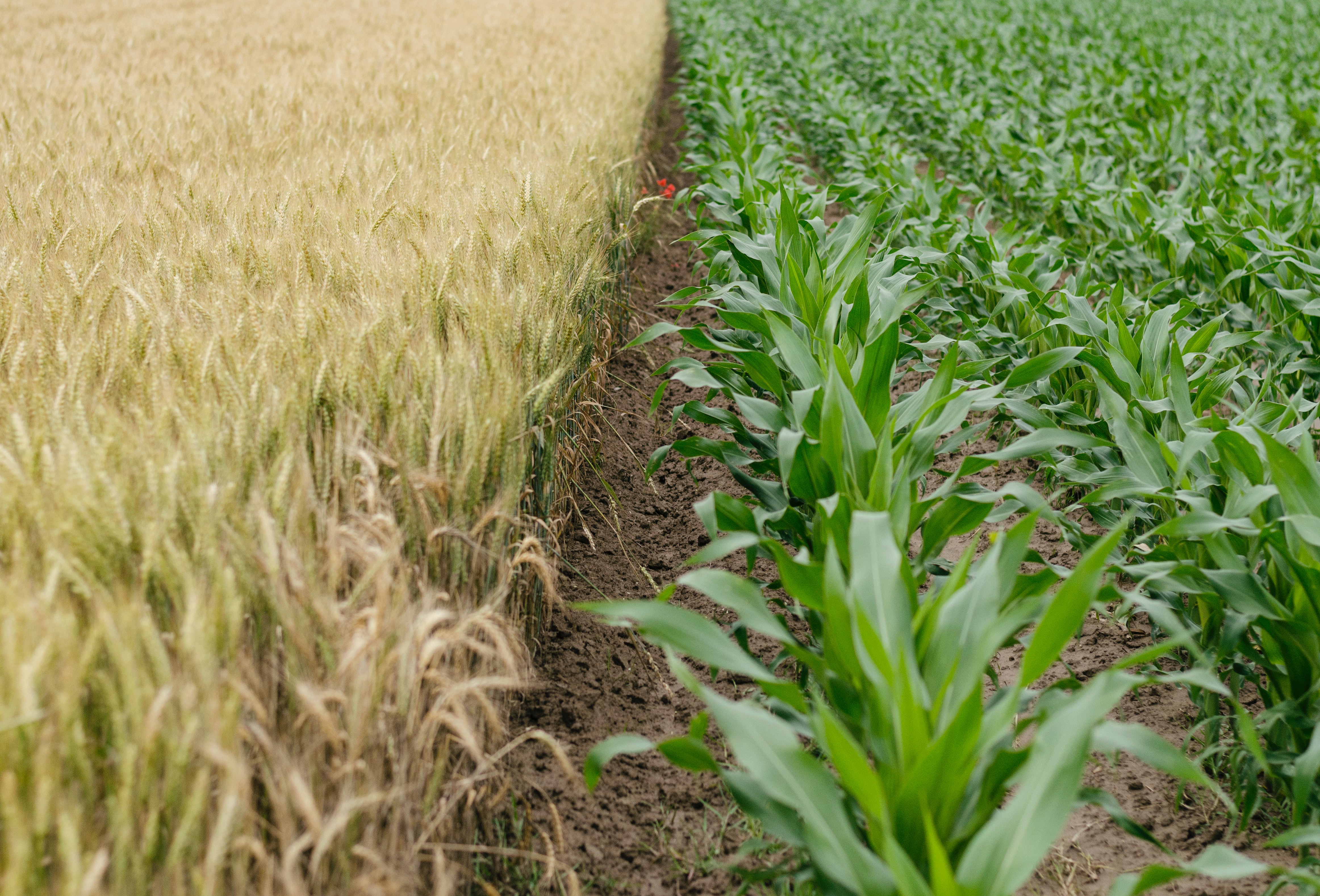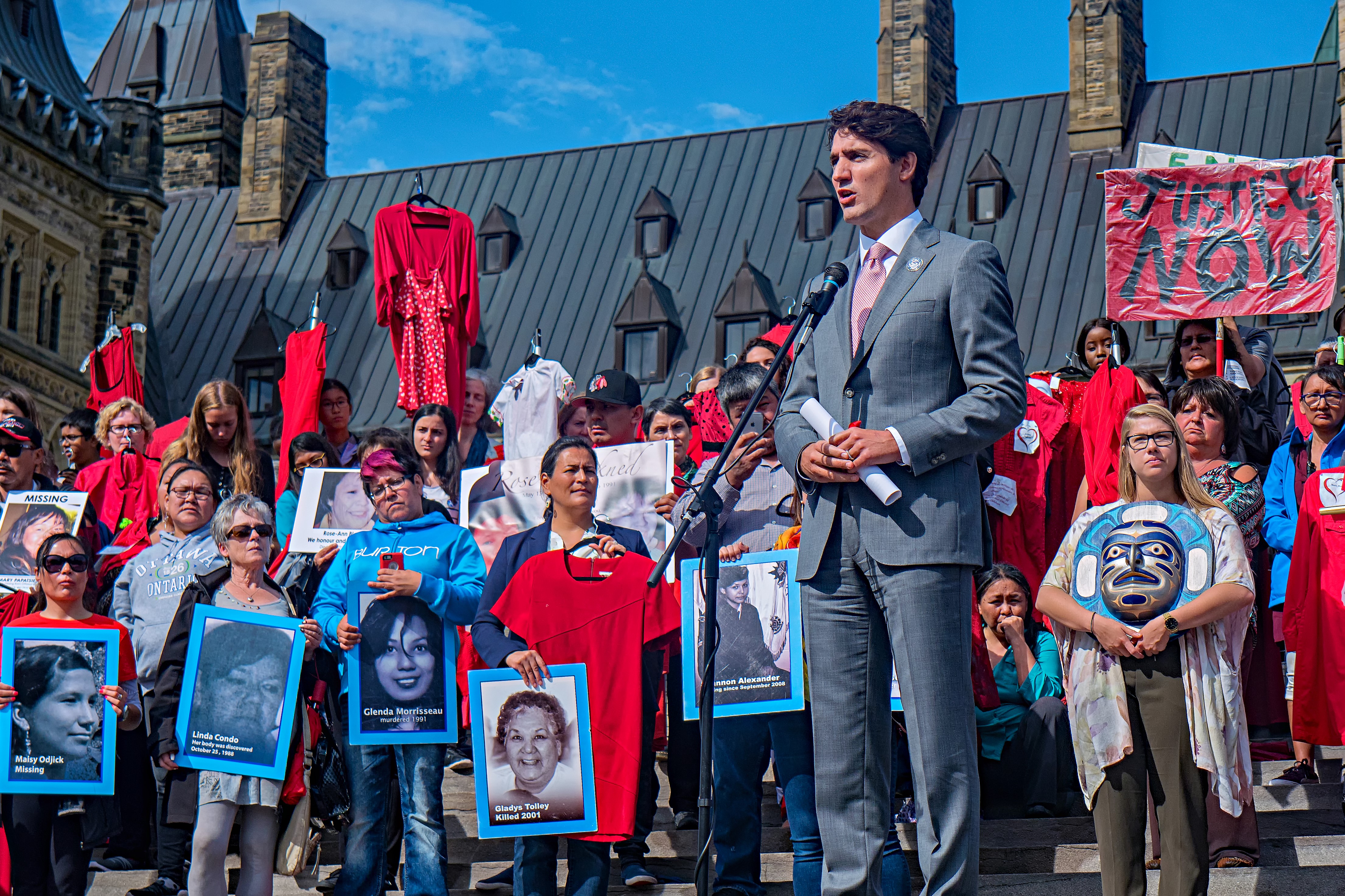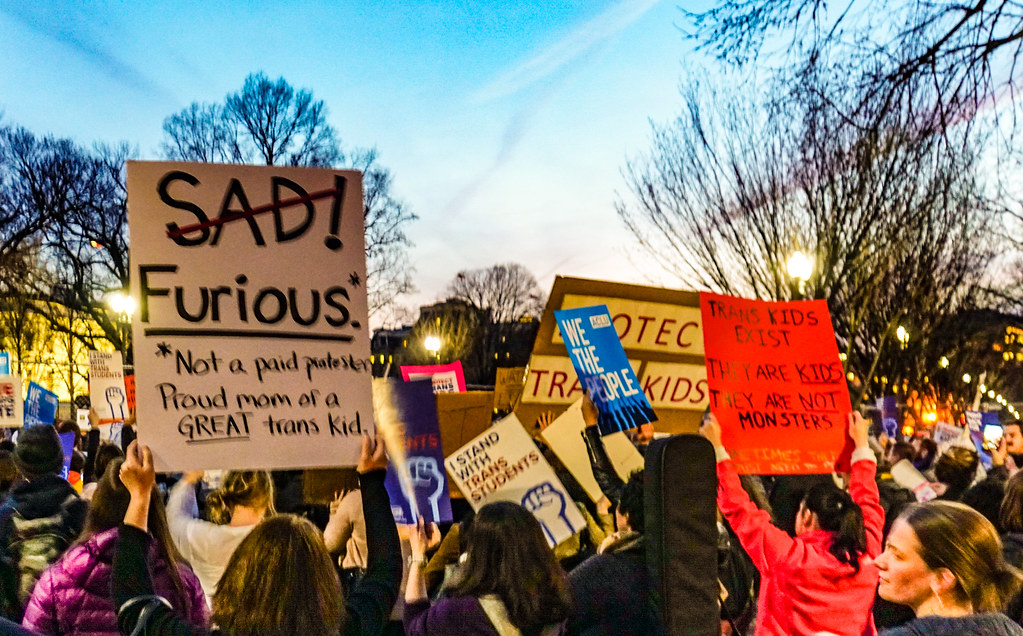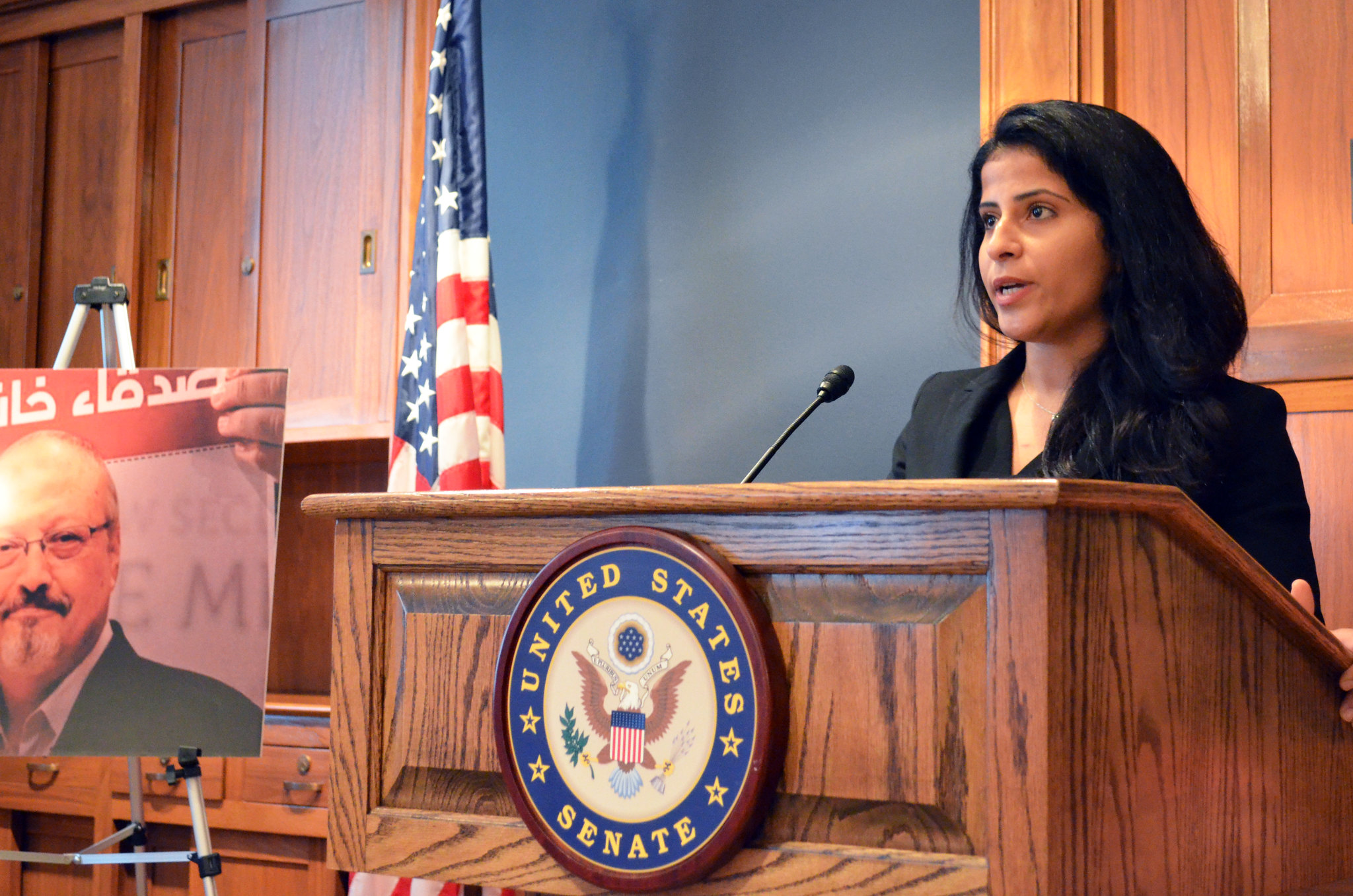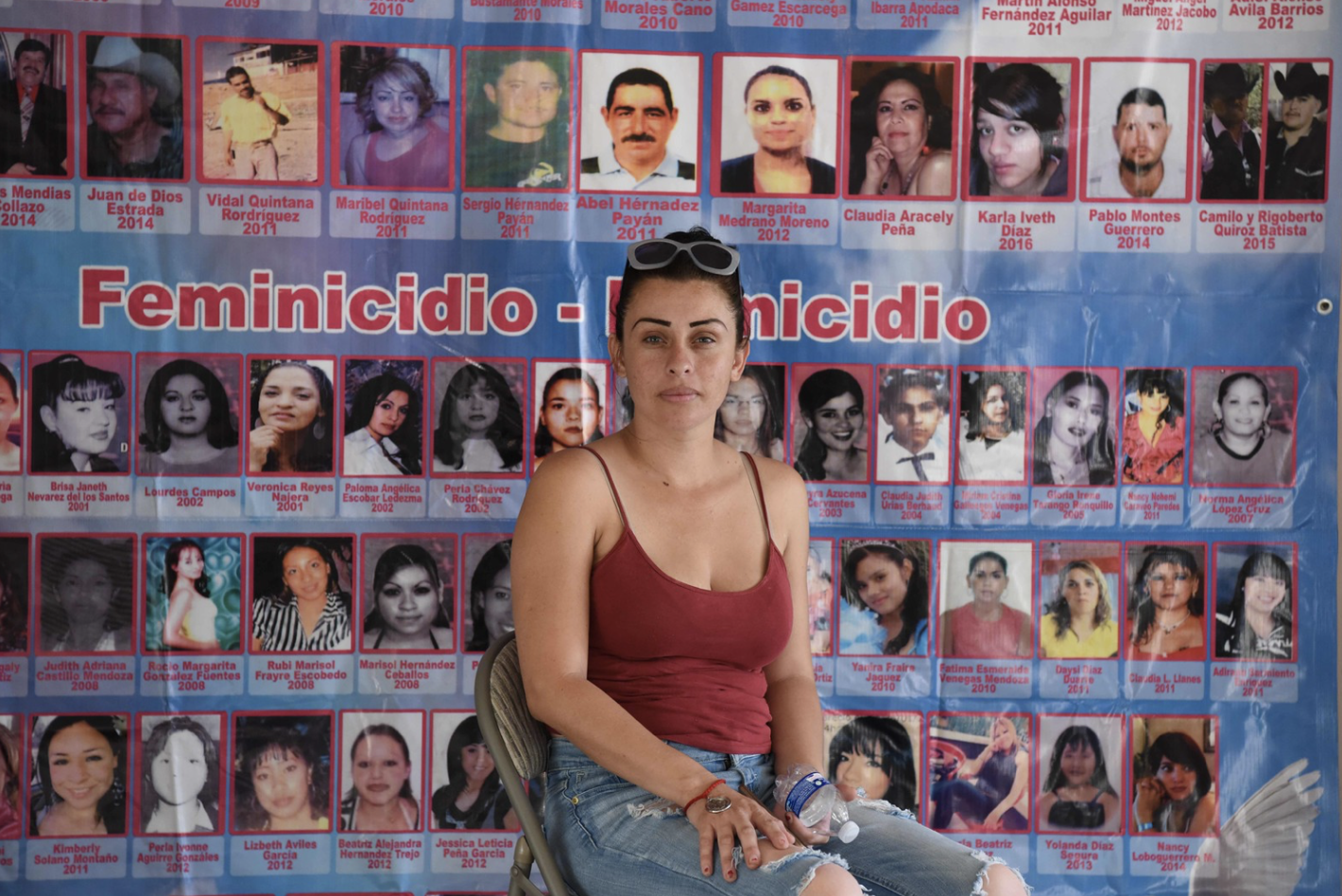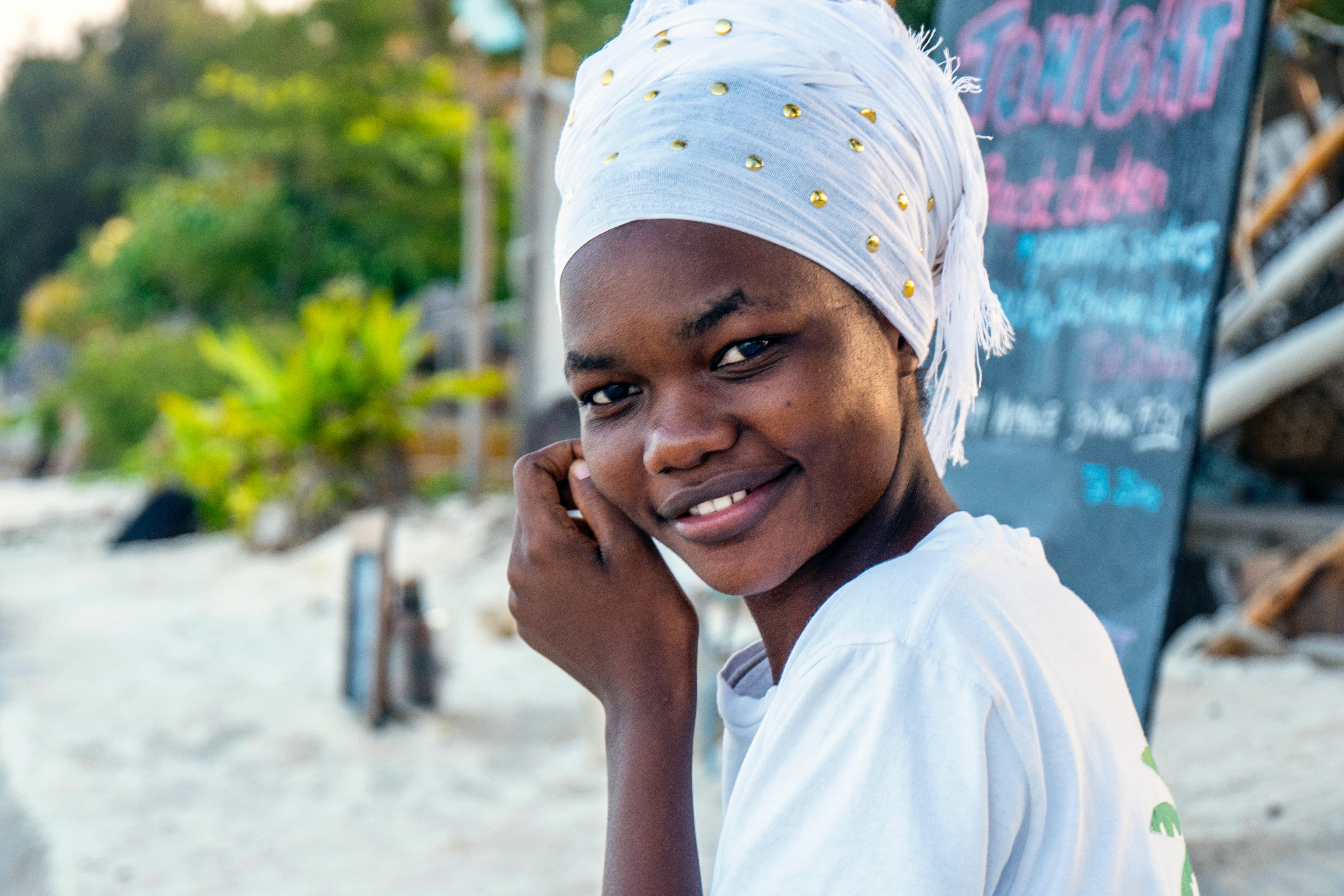A Look at the Impact of Period Poverty on Girls in Kenya
Girls in Kenya will miss about four days of school each month, or an average of 20% of the school year, because they are on their period. Across the globe, period shame and period poverty contributes to health complications, humiliation, poor access to employment, and other challenges for women.




